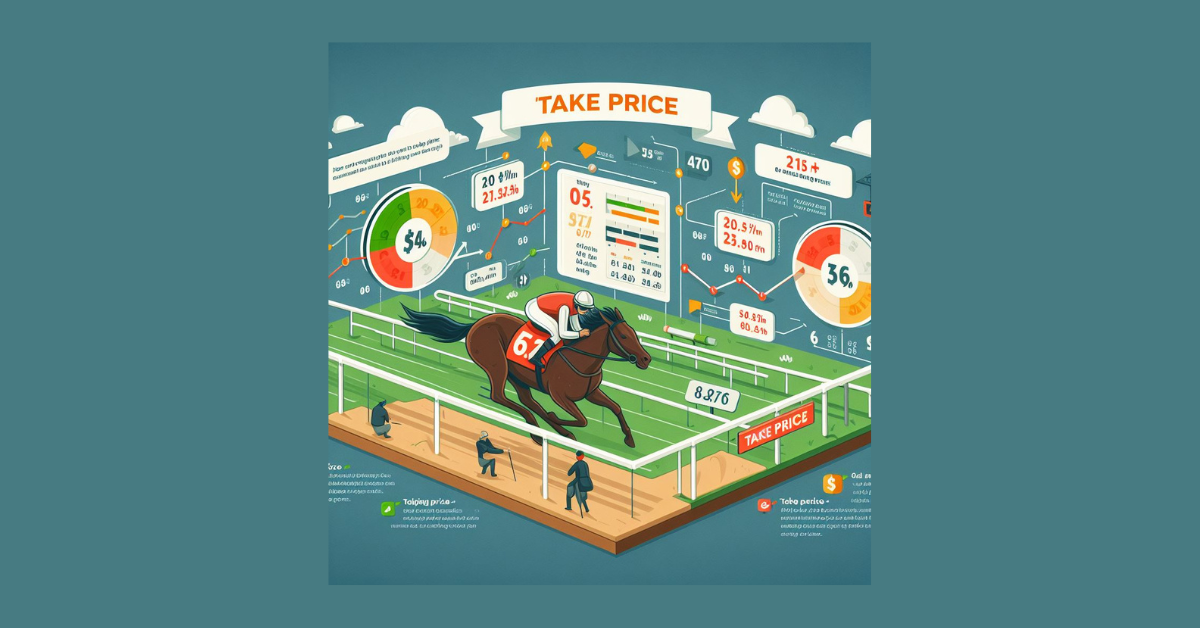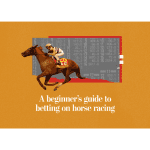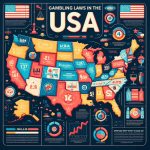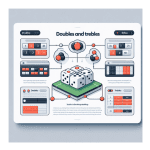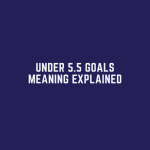Understanding Take Price
Take Price refers to the odds that are offered to bettors in pari-mutuel betting. In simple terms, it represents the potential payout that a bettor could receive if their wager is successful. Unlike fixed odds betting where the odds are set at the time of placing the bet, Take Price can fluctuate based on the total amount of money wagered on a particular outcome.
Understanding Take Price is crucial for bettors as it impacts the potential winnings that can be earned. The dynamic nature of Take Price means that bettors need to stay updated with the odds leading up to the event in order to make informed decisions. By grasping the concept of Take Price and how it is calculated, bettors can enhance their strategic approach to betting and maximize their potential returns.
Factors that Influence Take Price
One of the key factors influencing take price in betting is the fluctuation of odds in the market. As more bets are placed on a particular outcome, the odds for that outcome may decrease, leading to a lower take price. Conversely, if there is less support for an outcome, the odds will rise, resulting in a higher take price.
Another important factor to consider is the popularity of an event or market. Events with a higher level of public interest are likely to have more bets placed on them, which can impact the take price. Bookmakers will adjust their odds and take price accordingly to account for the expected volume of bets, so understanding the level of interest in an event can help predict how it will influence the take price.
How Take Price Differs from Fixed Odds
When comparing take price to fixed odds, one key distinction lies in the flexibility offered to bettors. With fixed odds, the odds are set in stone at the time of placing the bet, meaning that no matter how the market fluctuates, your potential winnings remain constant. On the other hand, take price is dynamic and can change based on the total amount of money wagered by all bettors, offering the possibility of increased returns if the odds improve before the event begins.
Another important difference is the timing of determining potential payouts. Fixed odds dictate the potential profit at the moment the bet is placed, whereas take price calculates the final payout based on the odds established only after the betting period closes. This process allows for potential fluctuations that can work to the bettor’s advantage but also carries the risk of odds moving in the opposite direction of what was initially anticipated.
Calculating Take Price
To calculate the Take Price, one must first understand that it is a dynamic parameter influenced by various factors in a betting market. The Take Price represents the odds at which a bettor can place a wager at a particular moment in time, and it can fluctuate based on the activity of other bettors and changes in the market conditions.
To arrive at the Take Price, bookmakers typically consider the current odds offered by other bookmakers, the amount of money wagered on each outcome, and the implied probabilities of each outcome. By leveraging this information, bookmakers can adjust the Take Price to ensure a balanced book and maximize their profits. This calculation process involves complex algorithms and real-time data analysis to provide accurate and competitive odds to bettors.
Benefits of Take Price Betting
Take price betting offers bettors the unique advantage of potentially getting a better price at the time of placing a bet compared to waiting for the fixed odds closer to the event. This flexibility allows for maximizing potential returns and capitalizing on advantageous odds that may shift leading up to the event.
Additionally, take price betting provides a sense of control and decision-making power to the bettor, allowing for strategic analysis and swift action based on one’s betting insights and predictions. By being able to secure favorable odds early on, bettors can benefit from the ability to lock in potentially more profitable outcomes before the odds may change due to various factors.
